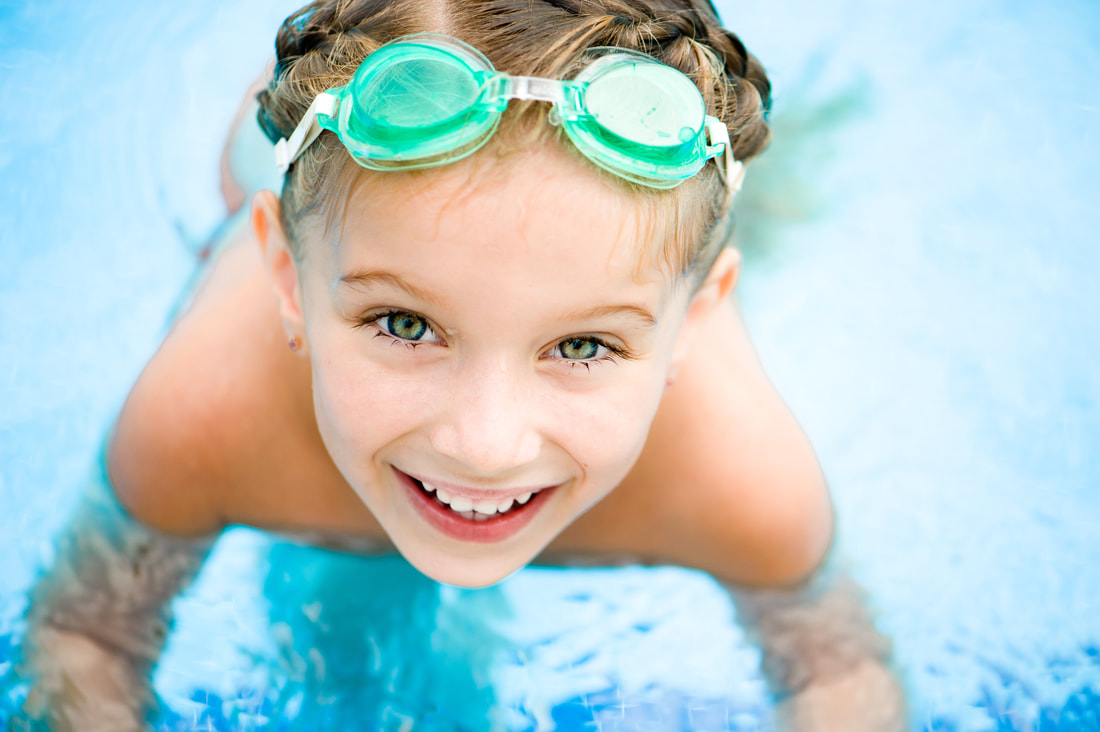|
Swimming is a great way to improve your child's physical fitness and overall well-being. Not only does it help them stay active and healthy but it also provides an excellent opportunity for socializing and building self-confidence. Enroling them in formal swim lessons is an obvious way to help them learn the crucial lifeskill but there are also plenty of things you can do at home to support your child's swim education.
Here are some tips on how to support your child's swim education at home: Familiarize your child with water early on Introducing your child to water early on can help them feel more comfortable and confident in the water later on. Even if you don't have access to a pool, you can start by letting them splash around in a bathtub or paddling pool. Use bath time to practice Bath time is an excellent opportunity to practice basic swimming skills, such as kicking and floating. Encourage your child to kick their legs in the water and practice floating on their back. Make sure to always supervise your child during bath time. Practice blowing bubbles Blowing bubbles is an essential skill for swimming, as it helps your child learn to exhale and inhale properly while their face is submerged in water. Encourage your child to practice blowing bubbles in the bath or in a shallow pool. Invest in swim gear Investing in swim gear, such as goggles and swim caps, can help your child feel more confident and comfortable in the water. Goggles, in particular, can be especially helpful for children who are hesitant to put their face in the water. Play swim games Playing games in the water is a fun way to build your child's swimming skills. You can play games like "Marco Polo" or have your child race across the pool. Remember to always supervise your child during pool games. Enrol your child in formal swimming lessons While there are plenty of things you can do at home to support your child's swim education, enroling them in formal swimming lessons is the best way to ensure they learn proper technique and stay safe in the water. Look for a reputable swim school in your area and enrol your child in a class that matches their skill level. At Beaconsfield Swimming our sessions include all ages and abilities in different classes at the same time so it is always easy to find a class that suits your timetable. If your child has friends who are also interested in swimming, encourage them to practice together and support each other's progress. This can make swimming more enjoyable and help build social connections. Supporting your child's swim education at home can be a fun and rewarding experience. By introducing them to water early on, practicing basic skills, investing in swim gear, playing swim games, and enroling them in formal swimming lessons, you can help your child become a confident and capable swimmer. Always supervise your child in the water prioritizing safety, patience and positivity at all times.
0 Comments
Leave a Reply. |
AuthorGreg Lawrence Archives
May 2023
Categories |
BOOK NOW:
Supporting
Beaconsfield Swimming Ltd
Correspondence address: Kings Head House, 15 London End, Beaconsfield, Bucks. HP9 2HN
Privacy Policy
Terms & Conditions
Correspondence address: Kings Head House, 15 London End, Beaconsfield, Bucks. HP9 2HN
Privacy Policy
Terms & Conditions


 RSS Feed
RSS Feed




